Fjellhaug International University College (FIUC) is a private higher education institution located in Oslo, Norway, focusing on education in theology, missions and related fields. Here are some key information about Fjellhaug International University College:
Overview
Founded: 1898 (predecessor can be traced back to the missionary school in 1898)
Institutional nature: private
Main campus location:
Oslo, main campus
History
FIUC's history can be traced back to 1898, when it was established as a missionary training school.
In 2012, FIUC established a branch in Denmark, called Fjellhaug International University College Denmark.
School strength
FIUC has about 400 students and about 50 faculty and staff.
Offers undergraduate and master's level courses covering a variety of subject areas.
Enjoys a good reputation in theology, missions, cross-cultural communication and other fields.
The school cooperates with many church organizations, non-governmental organizations and enterprises to provide internships and employment opportunities for students.
Educational philosophy
Emphasis on combining theory with practice, encouraging students to develop skills through practical projects and case studies.
Focus on interdisciplinary cooperation, especially between different majors.
Attach importance to international education, recruit international students, and provide courses taught in English.
Committed to cultivating talents with social responsibility and professionalism.
Subject settings
Bachelor's degrees:
Theology
Mission Studies
Cross-cultural Communication
Master's degrees:
Theology
Mission Studies
Master's degrees in other related fields
Courses taught in English:
Most undergraduate and master's programs are taught in English to attract international students.
Professional direction
Theology: covers biblical studies, church history, systematic theology, practical theology, etc.
Mission Studies: includes cross-cultural communication, gospel communication strategies, social services, etc.
Cross-cultural communication: focuses on communication skills, community development and social justice in different cultural contexts.
Campus
Oslo campus:
Located in the Sognsvann area on the outskirts of Oslo, with convenient transportation.
The campus has modern teaching facilities, libraries, dormitories and social spaces.
It mainly concentrates most of the educational and research activities.
Denmark Branch:
Located in Denmark, it offers similar courses and maintains close ties with the Oslo campus.
International Cooperation
FIUC actively participates in international exchange programs and has established cooperative relations with many higher education institutions around the world.
Provides exchange student programs to promote students' international vision and cultural exchange.
As a member of the European Theological Education Association (ETEA) and other international organizations, FIUC plays an important role in international theological education.
Cost
For EU/EEA students, FIUC is usually free, but a small registration fee is required.
For non-EU/EEA international students, tuition fees vary depending on the major, generally between 6,000 and 14,000 euros per year. The specific fees should be consulted directly with the school or visit its official website for the latest information.
In terms of living costs, the cost of living in Oslo is relatively high, but you still need to consider the costs of accommodation, food and personal expenses.
Application requirements
Applicants usually need to have a high school diploma or equivalent.
For master's programs, a bachelor's degree in a related field is usually required.
You will need to pass an entrance exam or interview to demonstrate your interest in your chosen profession and your ability to pursue a career in the profession.
The English language proficiency requirement is usually B2 (according to the Common European Framework of Reference for Languages CEFR), but some professions may require higher levels.
-
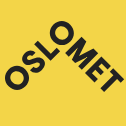
OsloMet - Oslo Metropolitan University
-
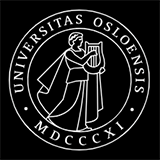
University of Oslo
-

University of South-Eastern Norway
-

University of Inland Norway
-

Nord University
-
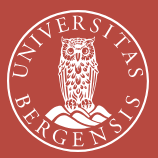
University of Bergen
-
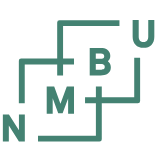
Norwegian University of Life Sciences
-

University of Stavanger
-

University of Agder
-
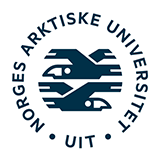
University of Tromsø
-

Mesoamerican University
-

Istmo University
-

Mariano Galvez University of Guatemala
-

Regional University of Guatemala
-

Galileo University
-

Francisco Marroquín University
-

Rafael Landívar University
-

University of the Valley of Guatemala
-

University of San Carlos of Guatemala
-

Technological Institute of Tlaxcala Plateau
-

Golfo University
-

Technological University of South Sonora
-

Technological University of Huejotzingo
-

Tizimín Institute of Technology
-

Chilpancingo Institute of Technology

